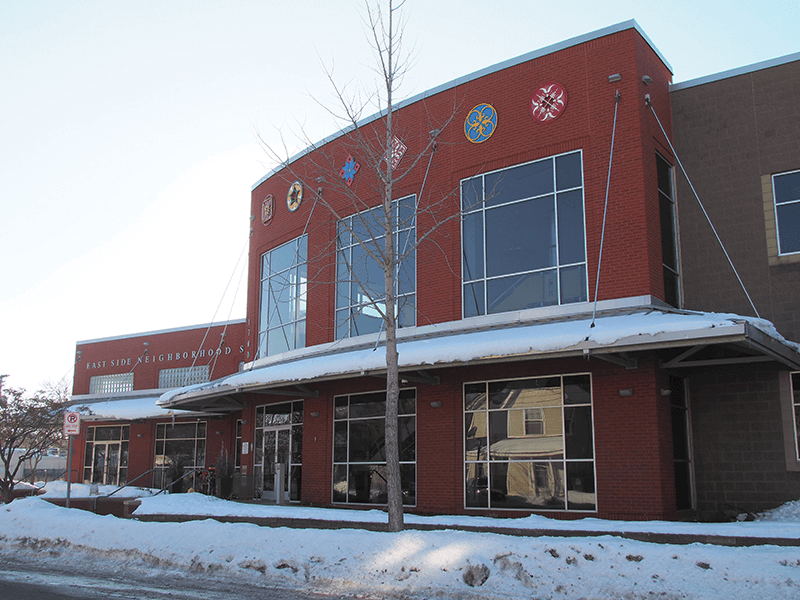Editor’s note: The Institute for Agriculture & Trade Policy relocated to Northeast late last year. Margo Ashmore’s questions, edited for length, were answered by Cecilia Brackey, Media and Communications Manager for IATP.
What does IATP do? How does the public interface with you?
The Institute for Agriculture and Trade Policy (IATP) is a nonprofit think tank, rooted in research and coalition work, advocating for policy in the public interest at the state, federal and international level. We work at the nexus of food systems, climate change and international trade, carrying out independent research and working in partnership with civil society organizations and social movements. IATP is based here in Minneapolis with smaller offices in Washington, D.C. and Berlin, Germany.
To learn more about our upcoming virtual and in-person events (and see an archive of our past events), visit our event page on our website: https://www.iatp.org/events. Our website also houses our archive of 35 years of research and publications.
What were the factors that led IATP to locate here, and how do the staff like being in Northeast?
In 2022, IATP relocated from the historic mansion that had been our headquarters since 1996 to Northeast Minneapolis. We were excited to join the vibrant community space at the East Side Neighborhood Services building and move to a new space that better suits the new dynamic hybrid virtual and in-person work environment. Our staff are enjoying settling into our new work neighborhood and exploring the wide variety of coffee shops, restaurants, shops and the proximity to the river’s biking and walking paths.
A bit of history about the organization —how and when was it founded, and how the three offices came to be — do they have different roles?
IATP was founded in 1986 at the height of the farm crisis by Minnesota’s former Secretary of State Mark Ritchie, who brought together an international board of food and farm activists in response to the need to examine the links between international trade agreements and rural communities and farmers across the globe. We advocate for an end to the current extractive, corporate-driven food system and a redirection of public finance towards agroecological transformation, here in Minnesota and around the globe. Over the past decade, IATP has spearheaded an examination of how the Farm Bill and trade agreements could incorporate climate change into policy.
Here in Minnesota, IATP has been a leader in building strong Farm to Institution programs — from Farm to School to Farm to Early Care — for more than a decade, supporting local farmers to get nutritious, culturally appropriate food to schools, preschools and hospitals through public procurement programs. The majority of our staff is based in the Minneapolis office, and we’re proud to have stayed rooted in Minnesota where our work originally began, even as we’ve grown into an international policy institute. Our Washington, D.C. office currently houses more of our work on trade policy, and the staff there also maintain relationships with other D.C.-based national-level organizations. Our European office in Berlin connects us to European Union politics and organizations to help us maintain an international perspective on the complicated global issues we work on.
What else can you tell us about your organization?
Our Northeast neighbors can follow our work on Twitter, Facebook, LinkedIn and Instagram or by signing up for our newsletter via our website, www.iatp.org. We communicate monthly about upcoming events, both in-person and virtual, as well as share our most recent publications. As we settle into our new space, we hope to connect with our neighbors by hosting more public events and conversations.
IATP will present “Mind the Gap! National climate pledges overstep available land” online at 2 p.m. Feb. 21. Presenters will show how there isn’t enough land to handle carbon offset goals. Register at
https://www.iatp.org/event/webinar-mind-gap-national-climate-pledges-overstep-available-land.
The Institute for Agriculture & Trade Policy is housed within the East Side Neighborhood Services building at 1700 2nd St. NE. (Photo by Margo Ashmore)
